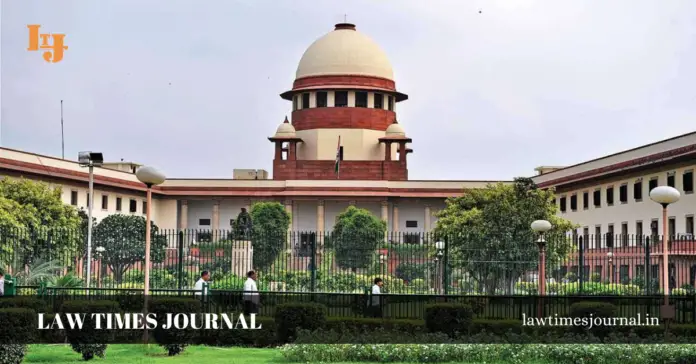
A bench of the Supreme Court comprising Chief Justice Dipak Misra and Justices A. M. Khanwilkar and D. Y. Chandrachud was hearing a batch of petitions, including one by senior advocate Indira Jaising, seeking live-streaming of all cases, specifically ones of constitutional and national importance having an impact on the public.
Prior Facts:
In a hearing in July, the apex court called it the “need of the hour”, saying it was open to live-streaming as this would result in increased access to justice.Jaising in the petition contended that live-streaming and videography of the proceedings of the apex court in matters of great public importance would be in keeping with the principle of open access to justice and ensure justice is not only done but is seen to be done.
In the past vide its judgment in Swapnil Tripathi v. Supreme Court of India, the Apex Court had held that matters of national importance being heard by it should be live streamed and video recorded. It was held that this would bring about more transparency in the system.
Key Features:
- Venugopal suggested that the centre set up a television channel for live-streaming court proceedings along the lines of Rajya Sabha TV.
- He expressed reservations on live-streaming of certain categories of cases, such as personal matters.
- The petition filed also claimed that impending hearings such as the Article 370 Abrogation and Sabarimala Reference, amidst many others, were of national importance and the citizens must be able to view the day-to-day proceedings instead of relying on the narrative.
- Also referring to courts dealing with issues of environment, triple talaq, air pollution, ban on liquor sales near to national highways, ban on firecrackers and extra judicial killings, all of which affect the public who, however, do not get to see how decisions are made by the court.
- The petition said that those who were affected by the judgements of the court had a right to be aware of the manner in which decisions were taken.
- It added that this would inspire confidence in the functioning of the judiciary as an institution and help to maintain the respect that it deserved as a co-equal organ of the state.
- Pointing out towards the international standards, the petition added that other countries and jurisdictions such as Canada, Australia, the UK, New Zealand, South Africa, the European Court of Human Rights and the International Criminal Court, permit varying degrees of recordings of court proceedings.
- The most precious point was among the petition that the disclosure would enable citizens to understand the reasoning in cases affecting their rights formed part of their right to dignity and was an intrinsic value of their right to be heard under Article 21 (Right to Life) of the Constitution.
Judgement:
The Supreme Court pushed for greater transparency in the judicial system by setting the stage for live-streaming of court proceedings of cases of constitutional importance. The court directed the centre to frame rules for this and said the project will be carried out in phases. The court asked attorney general K.K. Venugopal to frame “comprehensive and holistic guidelines” and said the exercise could start on an experimental basis in one court.
The Court had held, that “we allow these writ petitions and interventionists’ applications with the aforementioned observations and hope that the relevant rules will be formulated expeditiously and the first phase project executed in right earnest by all concerned.”
Edited by J. Madonna Jephi
Approved & Published – Sakshi Raje
Reference:
- Case of Indira Jaising vs. Secretary General of Supreme Court, Miscellaneous Application No(s). 2670/2019 IN W.P. (C) No. 66/2018, decided by the Supreme Court of India on January 29, 2020.








